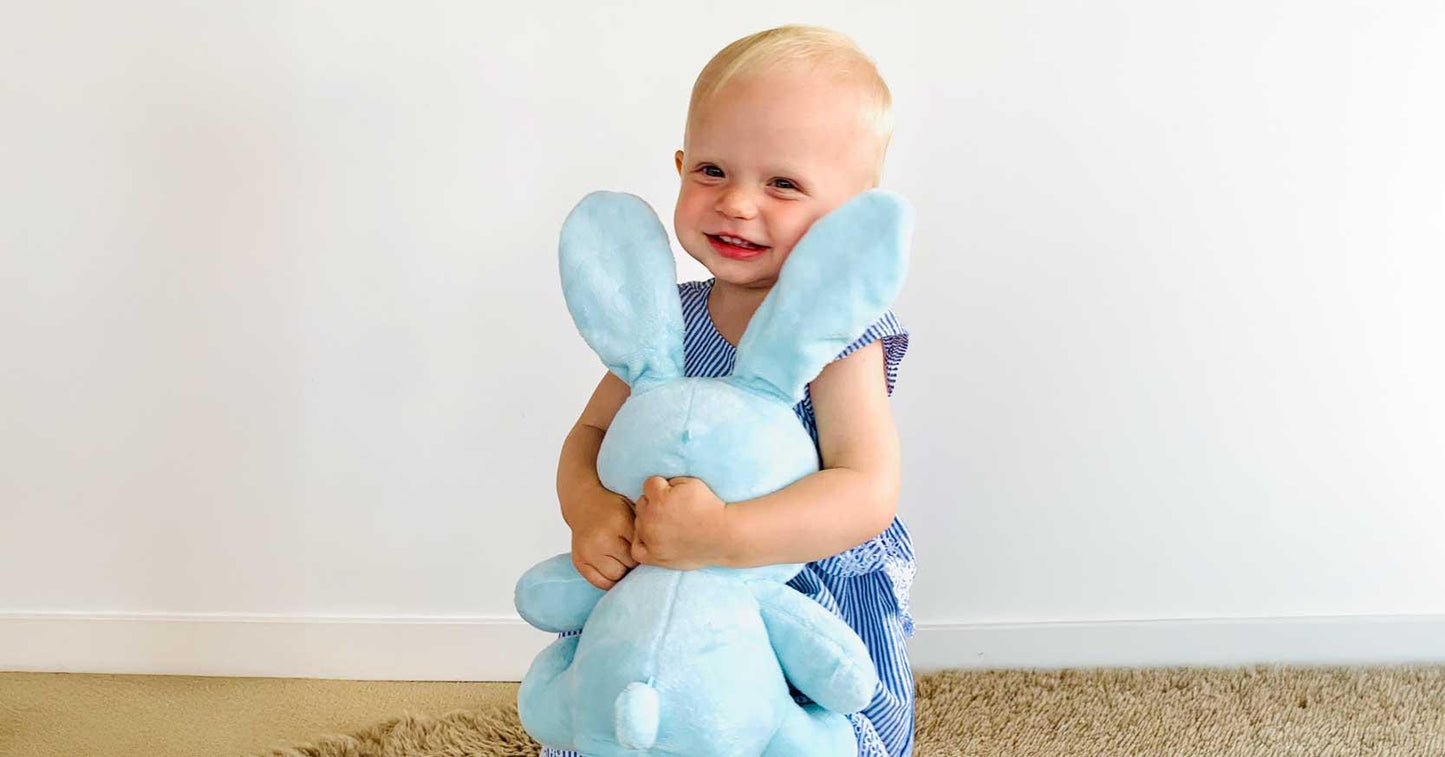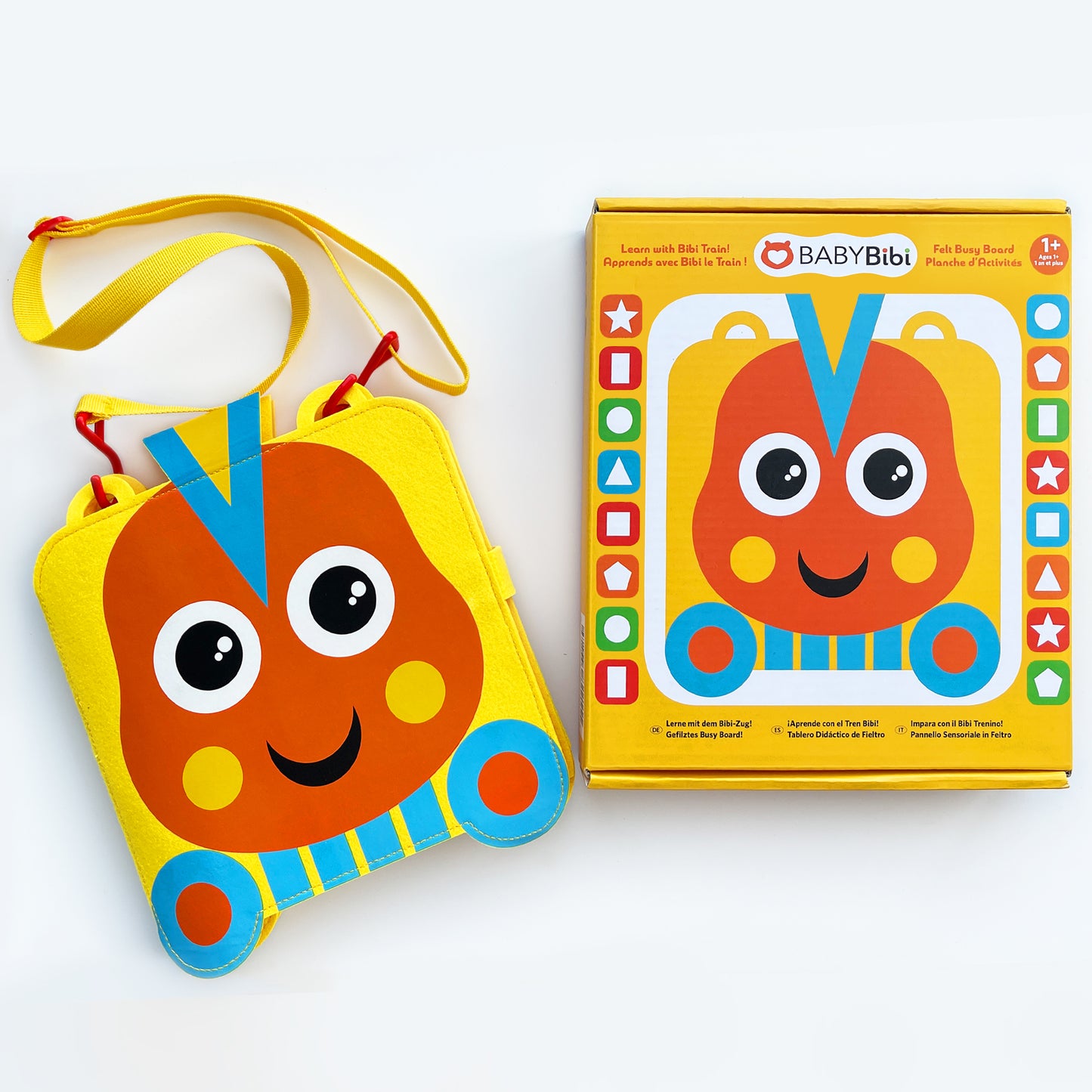
Imaginative Play with Plush Toys: Do Unicorn Friends Build Emotional Intelligence?
Introduction
You know that scene – your little one cradling a soft unicorn, chatting away to their magical friend about their day or hugging them tight after a tumble. It's sweet, but it also makes you wonder: is all this pretend play really helping them grow? If you’ve ever questioned whether those whimsical plush pals can actually teach big feelings like empathy or kindness, you’re not alone. In today’s post, we’re diving into imaginative play with plush toys and how those sparkly unicorns might just be helping your child build real-deal emotional intelligence. Let’s explore what plush play can mean for your child’s heart—and share some gentle ideas you can try at home.Key Points
- Imaginative play with plush toys, especially unicorns, helps toddlers and preschoolers learn key emotional skills like empathy, problem-solving, and self-regulation.
- Recent trends show parents value toys that combine comfort with educational, developmental benefits—interactive plushies are hot right now.
- Pretend play with stuffed animals allows kids to process feelings, build social confidence, and practice real-life scenarios in a safe way.
- Unicorn friends and other unique plush toys help children celebrate their individuality, imagination, and emotional expression.
- Parents can easily support emotional development through storytelling, joining in pretend play, and letting kids lead their plush toy adventures.
- Choosing the right plush toys means looking for quality, safety, and features that invite open-ended, imaginative play.
- Video content and authentic family stories on social media inspire other parents and boost the emotional value of plush toys for kids.
- Supporting your child’s emotional growth with plush toys is simple, fun, and lays the foundation for lifelong well-being—one unicorn cuddle at a time!
Have You Ever Watched Your Toddler Chat with a Unicorn?
It’s the cutest thing: your little one, totally caught up in a world of make-believe, talking to their unicorn or showing it how to twirl across the room. If you’ve ever wondered if all this giggling, babbling, and pretend play actually teaches your child anything, you’re not alone. Turns out, these magical, soft friends are doing a LOT more than just looking adorable on the playroom floor.
Why Plush Toys for Toddlers Are More Than Just Cuddly
Plush toys for toddlers – unicorns, bunnies, bears, you name it – are classic for a reason. They’re squishy, safe, and easy for little hands to hold onto. But here’s what’s cool: soft toys help kids work through emotions, learn words, and even start understanding the big feelings that can feel overwhelming (for both of you sometimes!).
- Comfort when life feels big: New people, loud noises, or the fifth outfit change of the day? A soft toy can be a soothing sidekick.
- Pretend play for big feelings: When your child “feeds” the unicorn or tucks it into bed, they’re practicing caring, patience, and problem-solving.
- Tools for learning empathy: Even super little kids will check if their unicorn is sad or needs a hug—those are the early seeds of empathy.
Imaginative Play: It’s Brain Food for Kids
Have you ever overheard your toddler invent wild adventures with their toys? That’s imaginative play for kids in action—and it’s actually hard work for their brains! When your kiddo puts a bandage on their unicorn or teaches it to roar like a dinosaur, they’re not just being silly. They’re practicing problem-solving and exploring how feelings work (in a safe way).
Classic play scenarios like tea parties, superhero rescues, or building a "home" for stuffed animals help your child try out different roles. That’s why role play with stuffed animals can help with social skills, making friends, and even things like sharing. And honestly, don’t we all wish making friends were as simple as handing over a plush unicorn?
Real Talk: Sometimes Toys Teach More Than We Realize
Let’s be honest: not every day is a cute Instagram moment. Some days are just about surviving until naptime. But even in the chaos, you’ll notice that soft toys child development is woven into daily life:
- Calm-down corner? Bring in the unicorn friend.
- Long stroller rides or car trips? Plush buddy to the rescue.
- Big feelings over a dropped snack? Unicorn hugs can help.
The bottom line is: plush toys are more than just clutter. Those little moments of plush toy imaginative play fill your child’s “empathy tank,” help them process the day, and remind both of you that comfort matters.
How Plush Toys Build Emotional Intelligence in Children
You probably hear the phrase emotional intelligence in children everywhere, but what does it really mean? Mostly, it’s about helping kids recognize their own feelings, understand what others feel, and figure out positive ways to deal with tough emotions. Unicorns (and their cuddly friends) can actually help with this!
- Pretend play for social skills: When kids act out stories, they imagine what others might think or feel. ("Unicorn is sad because he can't find his magic horn!")
- Practicing kindness: Through empathy building with toys, children learn that it feels good to help – even if the "person" they’re helping is soft and sparkly.
- Emotional do-overs: Plush toys offer endless try-again moments for handling emotions in a safe, low-pressure way.
Toys for Girls and Boys: No Rules, Just Imagination
Your kiddo’s unicorn doesn’t care if they’re wearing a superhero cape or a tutu—pretend play is for everyone! In fact, toys for girls and boys that encourage pretend and role play help all kids, no matter their personality or interests. Kids can make their unicorn friend the hero, the chef, the sleepyhead, or even the world’s best dancer. The possibilities are endless!
Simple Tips: Making the Most of Educational Plush Toys
- Let your child lead: Don’t worry about “doing it right.” If the unicorn wants to go swimming in the pasta pot, go with it!
- Add words to their play: When you see pretend feeding or comforting, use words like “gentle,” “careful,” or “thank you for being a good friend.”
- Join in sometimes: A few minutes of silly voices or goofy unicorn dancing goes a long way. You’re showing that play is valuable.
- Pick toys that feel good: Look for soft, washable, best plush toys for emotional growth—bonus points if they’re durable enough to survive real life.
You don’t need to fill the house with every new educational plush toy out there. Your child will get just as much out of a few loved, well-chosen friends. All those wild adventures, sleepy snuggles, and tea parties? They’re secret practice for the big social world ahead.
Real Parenting Moments: Because Life with Toddlers Isn't Always Picture-Perfect
- Rainy day blues? Send the unicorn on a treasure hunt behind the couch or under cushions.
- Need a quiet break? Show your child how the unicorn likes to "read" (silent cuddles are golden).
- Sibling squabbles? Sometimes having a "third friend" to mediate helps (even if everyone knows it’s just a stuffed animal).
Sometimes you need a few playful ideas ready-to-go. (And yes, it's totally okay to put the unicorn in charge of clean-up time... "Unicorn says everyone gets to toss toys into the basket!")
The Bottom Line: Why Unicorn Friends Matter
At the end of a long, messy, wonderful day, imaginative play for kids gives your child space to dream and grow. Plush toys – especially the magical, sparkly unicorn kind – aren’t just cute. They’re helping your child work out feelings, practice kindness, and build the skills they’ll use for life. And isn’t that pretty magical, too?
So next time you see your tot deep in conversation with their stuffed unicorn about a "lost rainbow horn," know that you’re watching real child psychology and play in action. And if you ever want to add a new friend to the mix, something like an interactive plush bunny can make for some extra-fun pretend play, too.
Whatever friend your child loves best, the most important thing is that they feel safe, loved, and ready to imagine anything.
Conclusion: Why Unicorn Friends—and Imaginative Play—Matter
The bottom line? When you encourage your little one to dive into imaginative play with plush toys, whether it’s a magical unicorn or a well-loved bunny, you’re doing something amazing for their heart and mind. These moments of pretend play don’t just keep kids entertained—they help build real skills like empathy, stronger social abilities, and healthy ways to understand their big feelings. You don’t need a perfect parenting plan; sometimes, just sitting down in the playroom and letting your child’s imagination run wild with their favorite plush toys for toddlers is enough.
Real Talk: It can feel overwhelming to keep up with all the parenting advice out there. Maybe you aren’t sure if you picked the best plush toys for emotional growth or you worry you’re not guiding playtime “the right way.” That’s normal—none of us has it all figured out! What matters most is being present, and noticing the little moments of connection and giggles as your child explores the world through role play with stuffed animals and plush toy imaginative play.
Here’s one simple next step: Today, take five minutes to join in your child’s pretend play. You can ask your unicorn friend how they’re feeling, or invent a new adventure together. These tiny moments help boost emotional intelligence in children more than you might realize—and they leave you both with memories worth cherishing.
Remember, there’s no “wrong” way to support toddler emotional development. Whether you pick classic toys for girls and boys, new educational plush toys, or soft treasures like those from the BabyBibi family, you’re building a strong emotional foundation in your child. When in doubt, follow their laughter and curiosity. You’ve got this!

